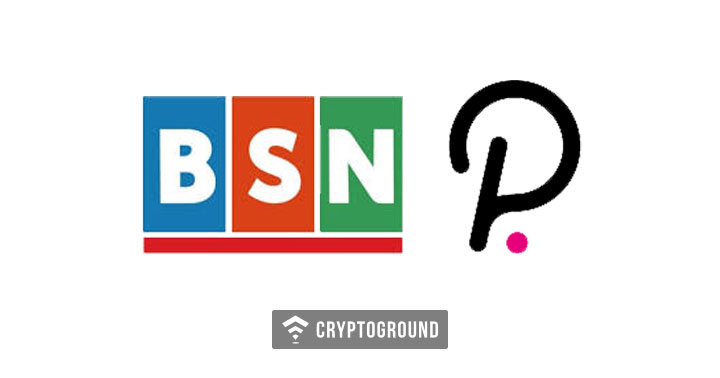Chinese Blockchain provider offering Blockchain-based services (BSN) integrates Polkadot, a cross-chain protocol, into its network.
The project will also see integrating China-based public chain project Bityuan and cloud computing startup Oasis into the network.
According to the announcement of the integration, BSN is planning to introduce a wide range of blockchain projects into an integrated development infrastructure within its technical framework. Additionally, the Blockchain provider will provide storage services and data processing services to the network.
The Integration Will Encourage Building Enterprise dApps
BSN also said it wants to integrate Bityuan. According to Yifan, the integration will encourage blockchain developers to build dApps that are commercial oriented and enterprise-based. The news of the integration is already getting blockchain developers excited, as it will make things easier for them to develop the blockchain infrastructure sector.
China has always been upfront with its blockchain development plans. The project is in line with the Asian country’s determination to be a superpower in blockchain technology, and all stakeholders are doing everything possible to make that happen.
The BSN network wants to be the blockchain technology provider, as it rolled out the global version of its network four months ago.
With the network's introduction, developers can now have access to public blockchains to operate or build their decentralized applications (dApps).
Permissions Granted to 24 Public Chains
BSN also adds that it will be giving permissions to 24 public blockchains and include them in China’s local version next month.
Co-founder of the Polkadot Parity technology, Björn Wagner pointed out that developers will use the integration when building innovative protocols. Wagner said,
“We anticipate Polkadot to be used by developers across the world to build and run innovative protocols and applications.”
Generally, Polkadot (DOT) ensures ease of connections between permissioned and public chains. But its integration into BSN’s portal will serve more purposes. By joining the Open Permissioned blockchain initiative structure of BSN, blockchain services will be offered in the Chinese market where there is still high scrutiny of decentralized public chains.
The executive director of the BSN development association, Yifan He, also commented on the integration. According to him, the integration will be quite beneficial to blockchain technology enthusiasts as it will speed up the industry's level of development.
Yifan also said dApp developers on the platform would access the Oasis Network, allowing developers to create a scalable and private decentralized finance application.
Also, Tokenized Data, a new type of digital asset, can be created through the Oasis Network privacy features, according to Yifan.
The digital asset will allow users to have full control of their data while earning some staking rewards.
Oasis launched two years ago and undertook a private token sale, raising more than $46 million in the process the year it was funded.
The platform had full financial support from top names in the industry, such as Electric Capital, Pantera, Polychain, Binance, as well as A16z crypto fund.
























